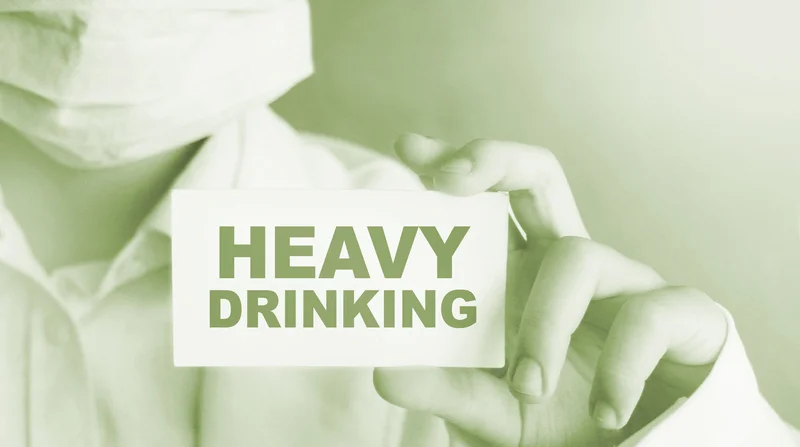
Your healthcare provider will ask you about your alcohol use while you were pregnant. He or she will examine your baby’s physical features, growth, eyes, and hearing. Providers may not know your baby has FAS until he or she is older.

Early childhood and beyond
Stigma is another barrier to diagnosis, as well as healthcare access. FASDs may have similar symptoms to other disorders and are often misdiagnosed. Fetal alcohol syndrome disorders (FASDs) can affect people in several ways, including hyperactive behavior, concentration issues, and difficulty retaining information. There is no cure for fetal alcohol syndrome, but symptoms can be managed. Therapies and treatments during a person’s early years may help them reach their fullest potential.
For people struggling with substance abuse

Parents can also receive parental training tailored to the needs of their children. Parental https://ecosoberhouse.com/ training teaches you how to best interact with and care for your child. Damage can be done in the first few weeks of pregnancy when a woman might not yet know that she is pregnant. Lifelong treatment is required and is more effective if collaborative care coordination occurs between all professional agencies. The families of people with FAS should also be included in treatment interventions. Alcohol was not viewed as dangerous for pregnant people until 1973 when the diagnosis of FAS was first implemented.

Signs To See A Doctor
Even a small amount of alcohol increases your baby’s risk for birth defects. Fetal alcohol syndrome (FAS), a fetal alcohol spectrum disorder (FASD), is a condition in which prenatal alcohol exposure takes place. The child’s angers and concerns should be addressed by the mother to the best of her ability. Some things to mention could include that a mother may not discover she is pregnant until later on, and so she drinks alcohol unknowingly.
- This can cause high alcohol levels in pregnant mothers and their baby’s blood.
- There are a host of other complications babies with FAS might be prone to, including premature birth, low birth weight, deformities in the arms and legs, and difficulties in coordination.
- These include medicines to help with some symptoms, medical care for health problems, behavior and education therapy, and parent training.
Behavioral and social

When consumed during pregnancy, alcohol crosses the placenta and enters the fetus’s bloodstream. Although FAS is an incurable lifelong condition that is underdiagnosed, treatment can improve its symptoms. This Alcoholics Anonymous article will discuss the symptoms, diagnosis, treatment, and prevention of FAS in children and adults. There is no “safe” amount of alcohol you can drink during pregnancy.
- To learn how we treat alcohol addiction in pregnant women or new mothers, please contact us today.
- Effective prevention strategies are crucial to reduce the incidence of FAS and involve a combination of education, intervention, and public policy.
- According to studies, the hippocampusiA brain structure within the temporal lobe related to learning and memory functions.
- If the child is more than 3 years of age, parents or caregivers can talk to a pediatrician and contact any nearby elementary school to ask for an evaluation.
While early diagnosis is ideal, adult diagnosis can still be valuable as it helps explain lifelong challenges and opens doors to appropriate support services and fetal alcohol syndrome symptoms interventions. Consumption of alcohol during pregnancy may cause fetal alcohol syndrome (FAS). Further, the severity of the symptoms of FAS may vary with each baby.
- Fetal Alcohol Spectrum Disorder (FASD) is a lifelong neurodevelopmental condition caused by prenatal alcohol exposure (PAE).
- Prevention strategies, public health initiatives, and support for affected families are essential to mitigate the impact of this preventable condition.
- But early treatment may help reduce some problems from the condition.











